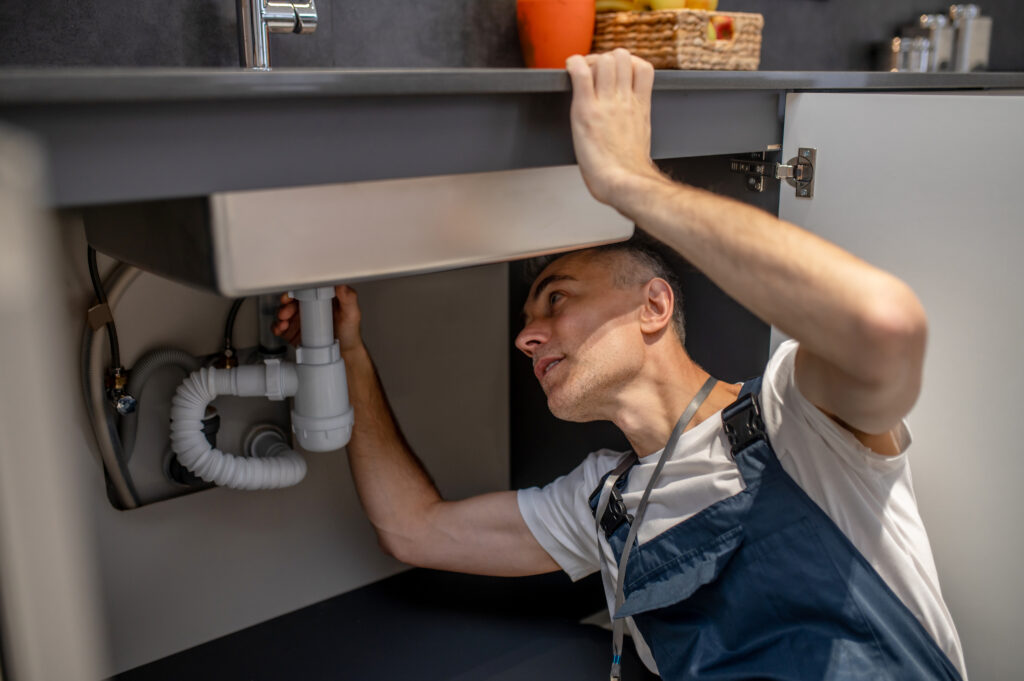A blocked drain results when anything becomes lodged in the pipes and prevents proper water flow. It’s like when a boba clogs a straw, and you can’t drink through it. A similar thing can happen in the pipes that eliminate water from our toilets, sinks, and showers. The water cannot drain properly when plugged, and it may overflow or take a long time. Clogs may happen by flushing so much toilet paper, food, or hair. It is critical to unblock congested drains so that water can flow freely once more. Drain jams are a frequent household annoyance that can have an important impact on both individuals and the larger community. Although these obstacles appear insignificant at first glance, they can have several negative effects beyond simple uneasiness. This topic explores the negative effects of blocked drains and illustrates how they affect infrastructure, health, hygiene, and the environment.

Blocked drains can arise for many reasons, including the buildup of debris and foreign objects. Materials like hair, soap scum, food particles, plastics, and grease can build up inside the drain pipes over time, causing blockages. Improper disposal of waste materials is a significant human cause of blocked pipes. Pieces of stuff such as wet wipes, cotton balls, dental floss, sanitary products, paper towels, and small plastic stuff are often carelessly discarded into drains and toilets, hindering water flow. Non-biodegradable items like wet wipes and paper towels flushed down the toilet can also cause sewage system obstructions. Pouring grease or oil down the kitchen sink can solidify and tighten the pipe, disrupting water flow. Aged or damaged pipes can be another cause of blockages. Corrosion, cracks, or pipe failures can reduce water flow or complete blockage. Misaligned pipe sections can create areas where solid waste accumulates, leading to blockages. Understanding these causes can help prevent blocked drains and the associated inconveniences.
Let’s move on to the consequences and negative impacts of blocked drains as we address the causes earlier. Firstly, in our bodies. Blocked drains may provide a place for dangerous germs, viruses, and pests, impacting someone’s hygiene and health. Water stagnant because of barriers provides a favorable environment for bacteria, raising the risk of illnesses and disease. In addition to lowering indoor air quality, foul smells from clogged drains can make people feel uncomfortable and have respiratory problems. Next is infrastructure damage. It is when drains are clogged; excess water may back up and exert pressure on the plumbing system. This pressure can cause pipes to burst, leading to costly repairs and property damage.
Additionally, the accumulation of trashes in drains can erode pipes over time, compromising the integrity of the entire drainage network. Another major implication is environmental concerns because blocked drains can overflow wastewater into nearby water bodies, such as rivers or lakes, causing pollution. Contaminants carried by the excess, including chemicals and debris, can harm aquatic ecosystems, disrupting the balance of marine life and compromising water quality. And lastly, economic impact. The economic consequences of blocked drains are twofold. Firstly, individuals may experience expenses for repairs and maintenance. Secondly, the community bears the burden of increased healthcare costs due to the spread of waterborne diseases. Additionally, infrastructure damage caused by blocked drains demands public funds for repairs and can lead to troubles in transportation and commerce.
How much does it cost to unblock a drain?
Here our current charges: https://www.drainage.nz/drain-unblocking
Despite seemingly unimportant, blocked drains have major and broad aftermaths. These obstacles impose immediate attention and preventive measures because they put hygiene and health at risk, damaging infrastructure and degrading the environment. People and communities may reduce the risks associated with clogged drains and protect the health of both people and the environment by increasing knowledge of the consequences and carrying out routine maintenance.
If you need help with drain unblocking, please don’t hesitate to reach out!





